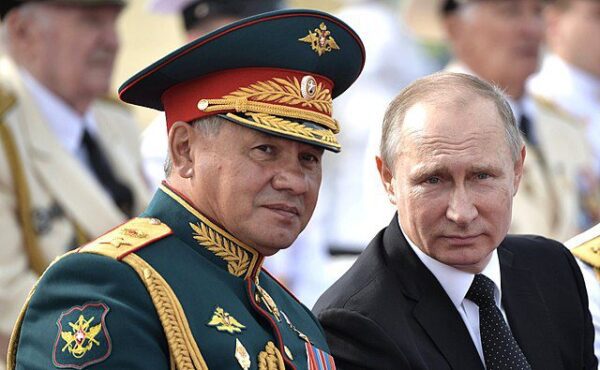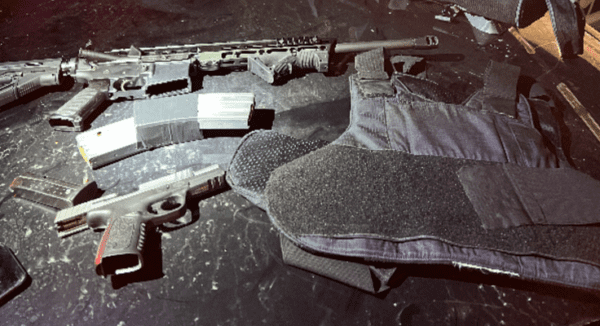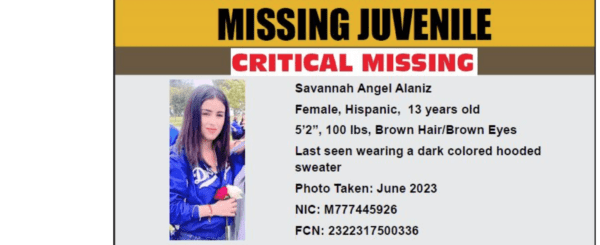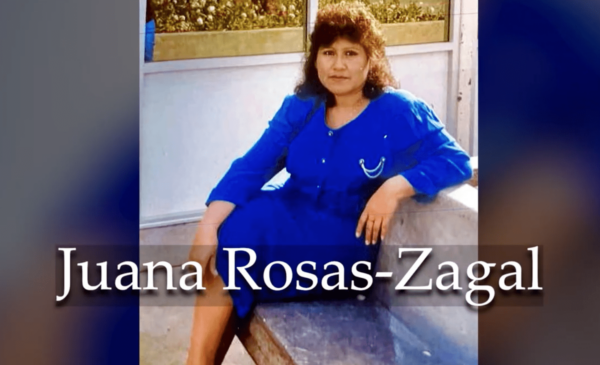The world is watching as tensions rise between the Russian government and the mercenary Wagner Group, which reportedly just made a deal with the Putin government to halt a military advance targeting Moscow.
Reports have come in that Wagner advanced 60 miles into Russia and took control of Rostov-on-Don, a city from which the Russian military command has coordinated its attack on Ukraine. This move sparked unrest and confusion both domestically and abroad, with state officials and foreign ministers weighing in on the situation.
Oligarch and Wagner chief Yevgeny Prigozhin initiated his push for power after claiming on Friday that the Kremlin had authorized an attack on his forces, resulting in a “huge amount” of his troops being killed. He demanded that military command speak with him in Rostov-on-Don or he will continue his “march for justice” toward Moscow.
President Vladimir Putin has made it clear that he will not tolerate any rebellion and has vowed to crush any uprising with force.
The world has reacted to these events with concern and caution.
The High Representative for Foreign Affairs and Security Policy has called for discussions on the ongoing situation in Russia, while the United States, a key ally of Ukraine, has pledged to stay in close coordination with allies and partners.
“We are monitoring the situation and will be consulting with allies and partners on these developments,” said U.S. National Security Council spokesperson Adam Hodge.
British Prime Minister Rishi Sunak has stated that his government is keeping a close eye on the situation and is in touch with allies.
China, which has grown increasingly close to Russia since the beginning of the Ukraine invasion, has remained silent in response to the Wagner Group’s offensive.
Belarus, a close ally of Russia throughout the invasion of Ukraine, has called the internal dispute “a gift to the collective West.”
Meanwhile, Latvian Foreign Minister Edgars Rinkevics has stated that his country is strengthening its border security and will not consider visa or border entry for Russians leaving Russia due to current events. The country has determined that there is no direct threat to Latvia at this time.
French President Emmanuel Macron has stated that the government is closely following the situation and has used this moment to stress the importance of support for Ukraine. The European Union has also expressed concern and has stated that it is ready to support a peaceful resolution to the conflict.
Volodymyr Zelenskyy, the President of Ukraine, also weighed in on the situation.
“For a long time, Russia used propaganda to mask its weakness and the stupidity of its government. And now there is so much chaos that no lie can hide it,” Zelenskyy said on social media. “Russia’s weakness is obvious. Full-scale weakness. And the longer Russia keeps its troops and mercenaries on our land, the more chaos, pain and problems it will have for itself later.”







